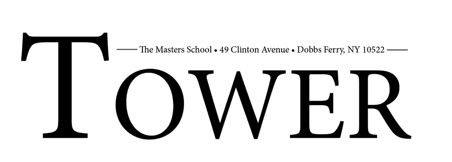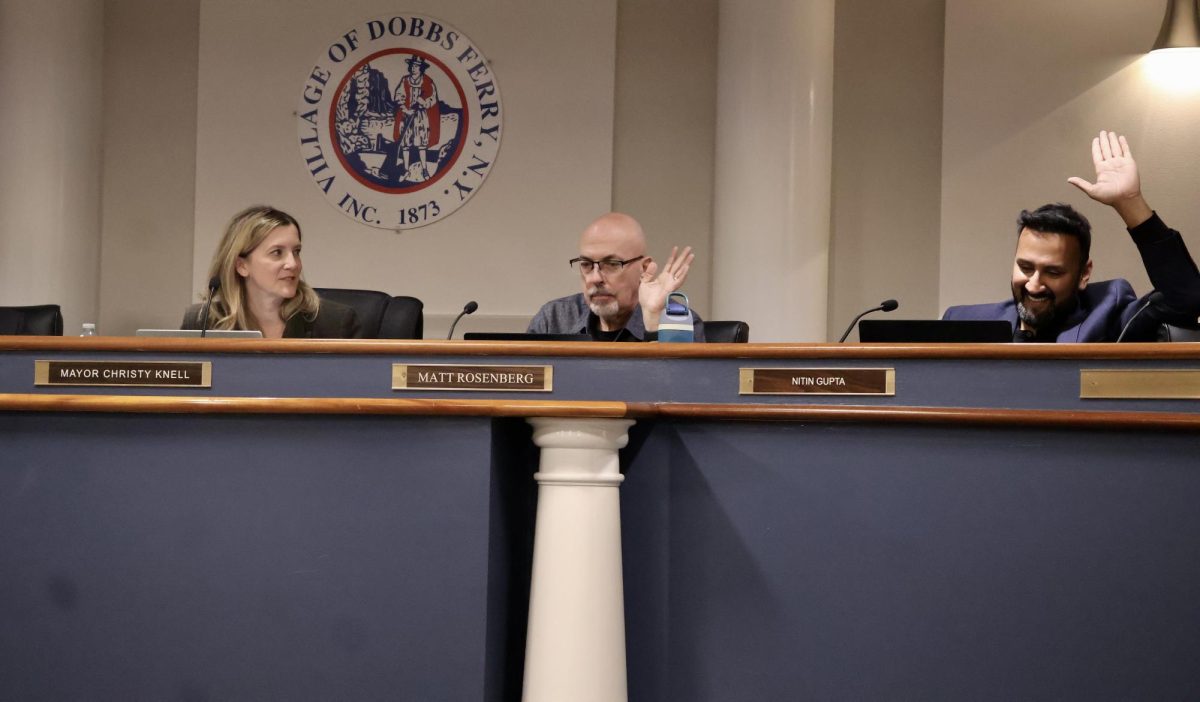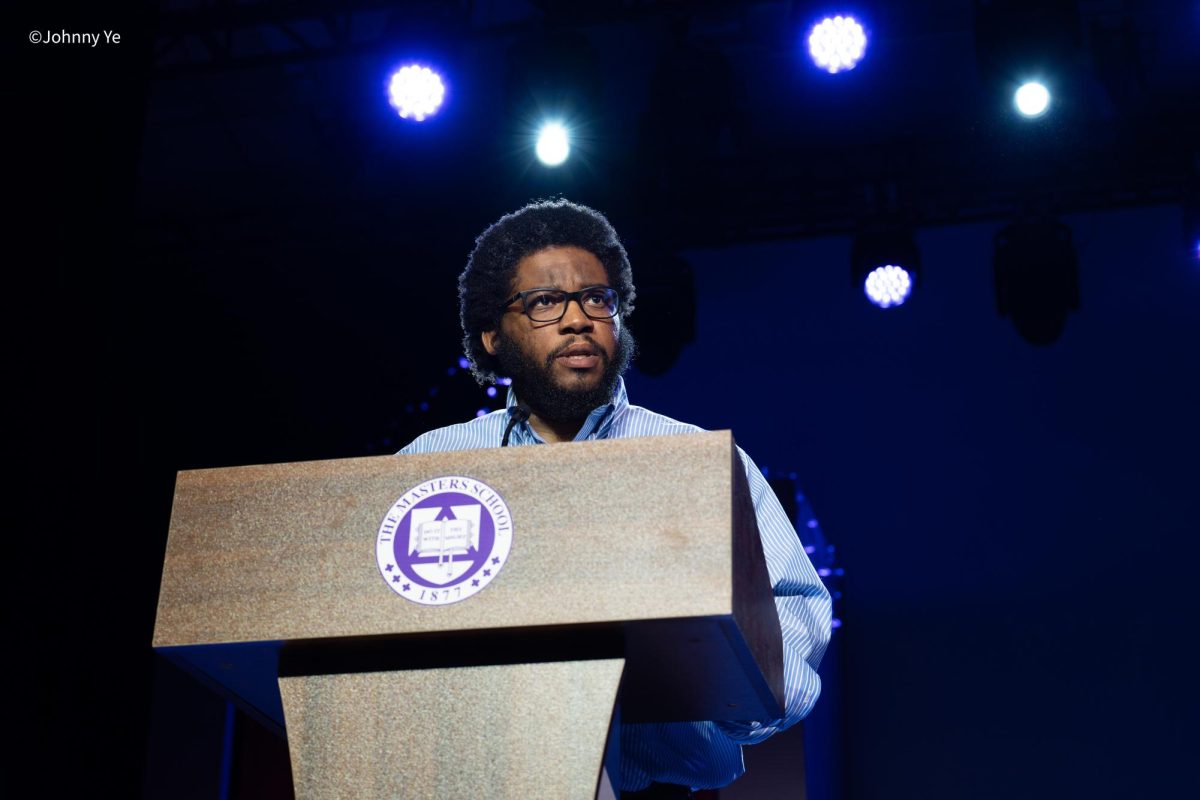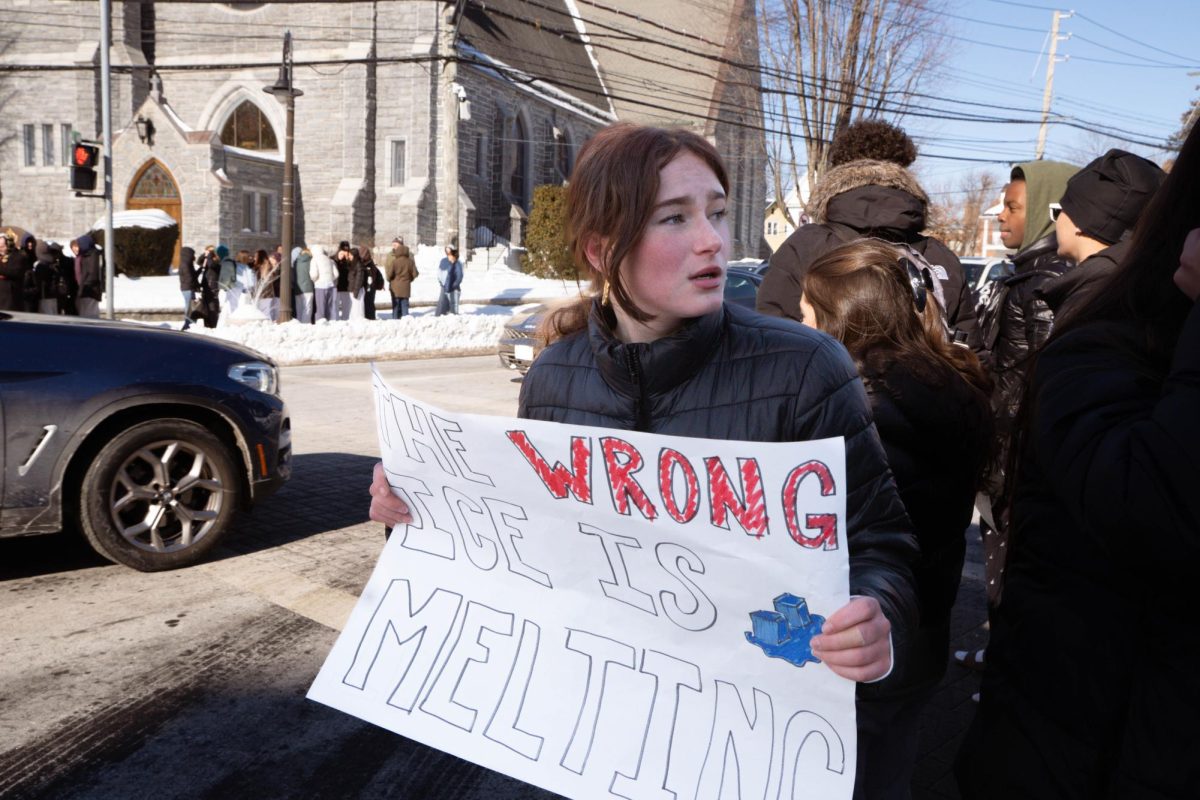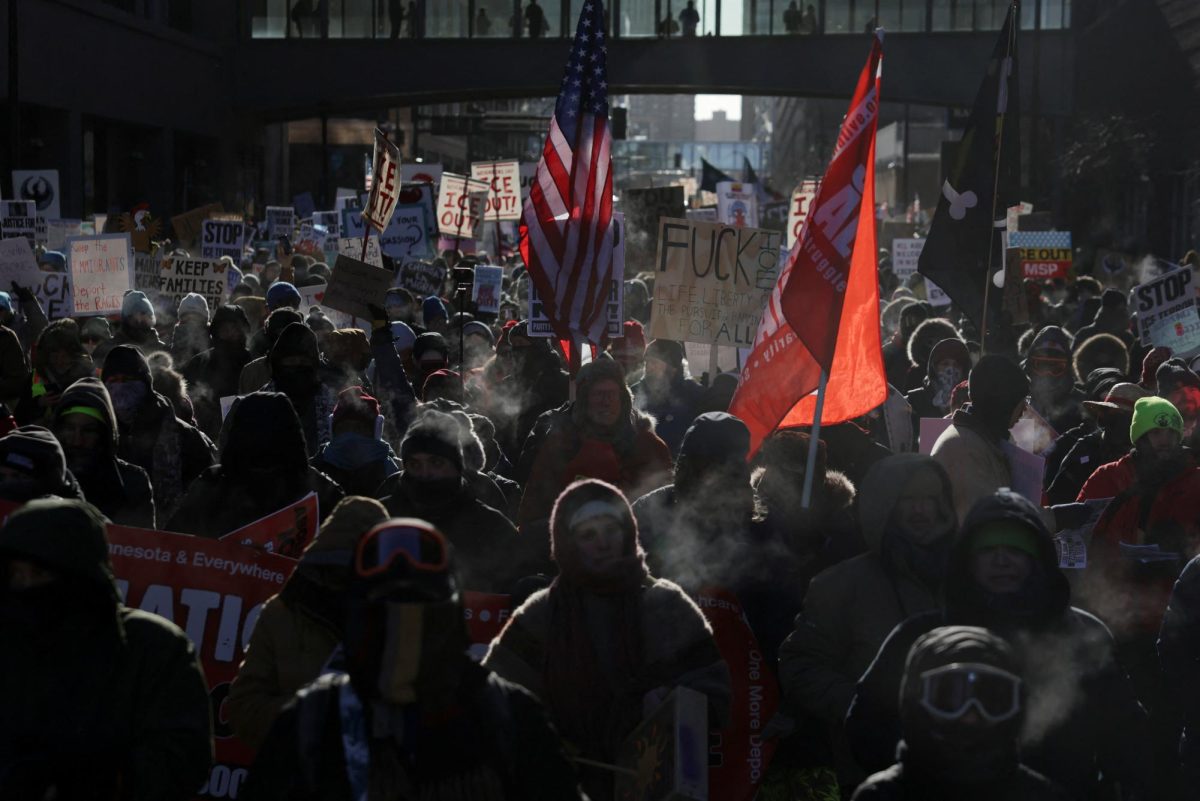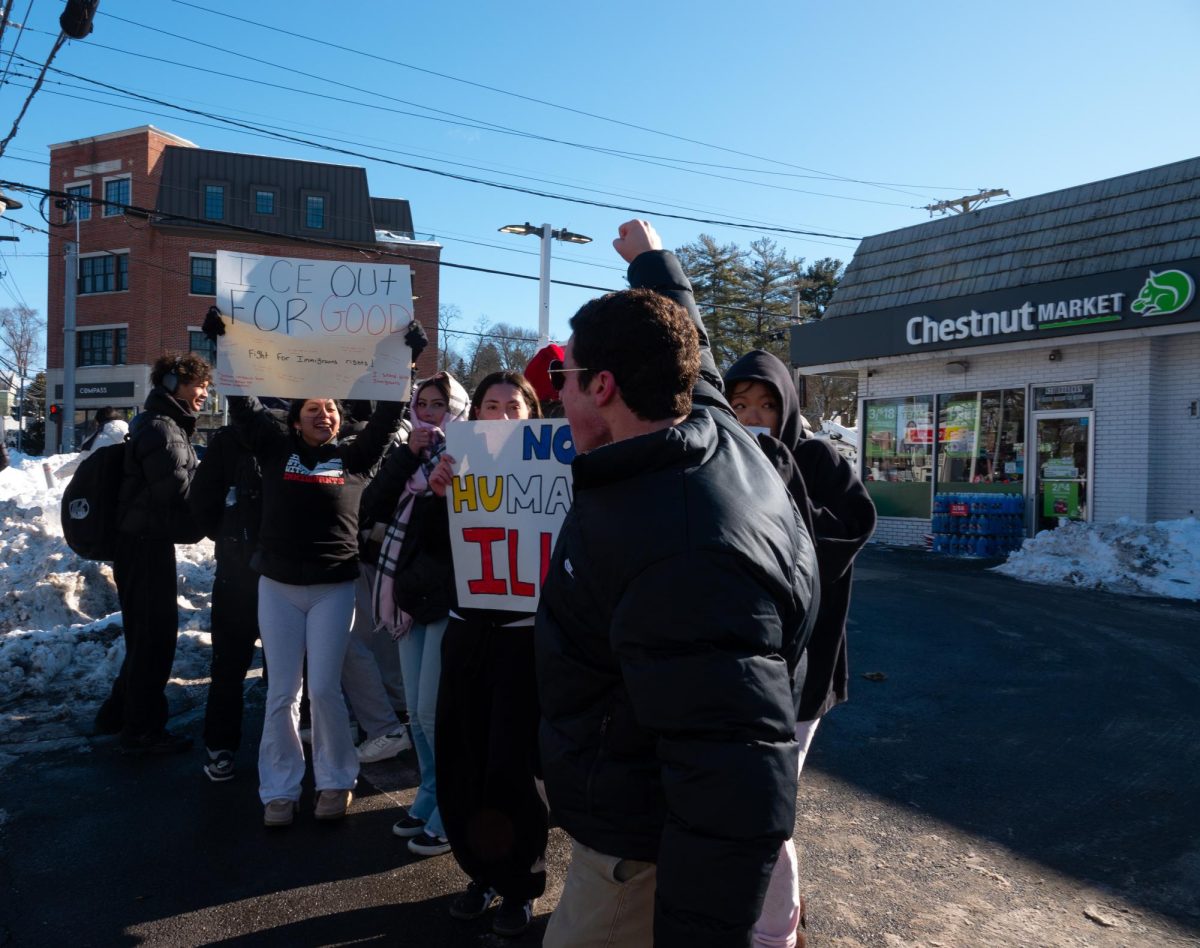Donald Trump made history once again by reclaiming the presidency in an election that captivated the nation. His victory over Democratic nominee Vice President Kamala Harris followed an intense campaign that navigated legal battles, rallied his base and garnered support from key regions across the country that shifted in his favor over the past four years.
Trump’s return to the presidency after years of political controversy and legal cases highlights how economic pressures and unconventional tactics can redefine voter loyalty, sparking debates that resonate far beyond the election.
Background
Trump previously served as the 45th president from 2017 to 2021, a tenure including two impeachments: one in 2019 for abuse of power and again in 2021 for inciting insurrection. After losing to Democrat Joe Biden in 2020, Trump and his allies filed 62 election lawsuits challenging the results and alleging election fraud. In August 2023, Trump was federally indicted on charges related to these efforts, including conspiracy to defraud the U.S. government and witness tampering.
In addition to the 2023 indictment, Trump faced four other criminal cases. A month before the indictment, a New York jury unanimously found Trump liable for sexually abusing advice columnist E. Jean Carroll in 1996 and awarded her $5 million in damages for the assault. The jury also held him responsible for defaming Carroll over the years by repeatedly dismissing her allegations as false.
In a separate New York case, Trump was convicted on 34 felony counts for falsifying business records to conceal hush-money payments to adult film actress Stormy Daniels. Over his career, Trump has accumulated 4,095 lawsuits, and following a New York judge’s ruling that Trump lied about his wealth while building his real estate empire, he was hit with a $454 million civil fraud penalty.
These legal hurdles did not prevent Trump from securing the Republican nomination in March 2024. Although Biden initially seemed like his opponent, Biden withdrew in July 2024 after a poorly received debate performance, leaving Harris to lead the Democratic ticket.
Election
On Election Day, Pennsylvania emerged as a critical battleground. Shannon Powell, co-founder of Indivisible Westchester, a grassroots organization working to advance Democratic policies, recalled the moment Trump’s win in the state was projected.
“One of my friends texted me to say that Steve Kornacki called Pennsylvania [for Trump], and having spent so much time in Pennsylvania, I was shocked,” she said. None of us [Indivisible Westchester volunteers in Pennsylvania] saw any get-out-the-vote effort from Trump. Now, Elon Musk had a PAC doing things. I think that’s the key. What did he do?”
Indeed, while Trump’s campaign took a less traditional canvassing approach in Pennsylvania, Musk spent over $130 million on the election, most of which went into late-stage voter mobilization. His America PAC introduced a unique strategy, offering $100 to registered Pennsylvania voters who signed conservative petitions, and $47 for referrals to other voters.
At an Oct. 19 event in Harrisburg, Pennsylvania, Musk announced a plan to award $1 million daily through November 5 to one swing-state voter who signed his PAC’s petition supporting the First and Second Amendments, protecting freedom of speech and one’s right “to keep and bear arms.”
Trump ultimately captured Pennsylvania, contributing to a 50.1% national popular vote share over Harris’s 48.3%.
Advanced Placement United States History and political science teacher Colleen Roche observed how Harris struggled to replicate Biden’s 2020 performance.
“I was watching CNN, and they were doing a deep dive into how Harris’s results were comparing to Biden’s results. She was underperforming pretty much everywhere,” Roche said. “Even if she was winning, it wasn’t by the margins Biden had in 2020, which was an early sign to me that it [the election] might not work out in her favor.”
Campaign
Trump’s appeal to a masculine and no-nonsense persona played a significant role in his campaign strategy. He reinforced this image with an appearance on a three-hour podcast with Joe Rogan, a popular podcaster and comedian, that drew over 45 million views on YouTube prior to the election.
Powell, who volunteered in Pennsylvania, noticed how this image resonated with male voters: “I had a couple of situations where there were some men who were registered Democrats, and if they said they were supporting Trump, I would ask if their wives were home. If they weren’t, I asked who they were voting for. In almost every case, they [the husbands] said their wives were voting for Harris,” she said.
A New York Times article written by Shawn McCreesh described how Trump’s campaign connected with various demographics through tailored outreach, from discussing inflation in rural barns to using humor with cryptocurrency advocates in Nashville. “People saw in him whatever they wanted to see,” McCreesh wrote, highlighting the loyalty of Trump’s base and their belief in his ability to represent them.
Trump’s controversial remarks continued throughout the campaign without substantially affecting his base’s support. A comment by comedian Tony Hinchcliff at a Trump rally in Madison Square Garden – “I don’t know if you guys know this, but there’s literally a floating island of garbage in the middle of the ocean right now. I think it’s called Puerto Rico” – sparked outrage amongst many Americans. Yet, Trump still gained notable Republican support in Democratic strongholds with large Hispanic populations, with GOP support growing by over 11% in the Bronx, 6% in Brooklyn, and around 8% on Staten Island.
For many Americans, the economy was the leading issue in this election.
Roche explained, “There’s a saying in politics that people vote with their pocketbook. Economic issues tend to be the priority for most voters. I think it’s possible the Harris campaign and the Democrats didn’t do as much to address economic issues as what the voters wanted.”
Despite endorsements of Harris’s economic plan from 23 Nobel laureates, voters appeared more focused on immediate economic pressures.
Masters alum Logan Schiciano ‘21, a senior at Northwestern University, News Director at Northwestern News Network, and Former NBC News White House intern, said, “There have been some economic struggles like rising prices that have really put a strain on the average American family. I think that a lot of people are fed up and want to see change.” Shiciano added, “Even though President-elect Trump carries a lot of baggage with him…people are just looking to live a better life.”
Impact on Republican Party
With a clear popular vote victory and control of the Electoral College, Trump enters his second term with a firm mandate, a distinction he lacked in 2016. Consequently, Trump’s influence over the Republican Party has deepened.
“The Republican Party really is the Trump party,” said Roche. “Even long-term politicians in the party have changed some of their policies to coincide with his.”
Trump’s return to the Oval Office signifies a personal political comeback and a lasting shift in the Republican Party’s direction. Trump’s brand of conservatism is now rooted in its core.


